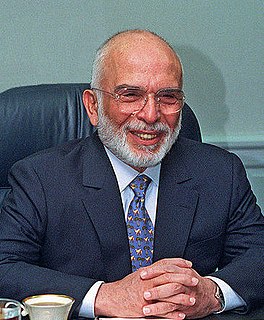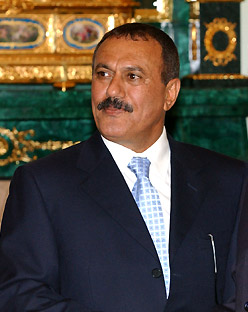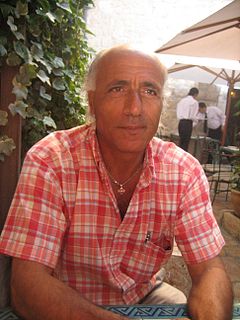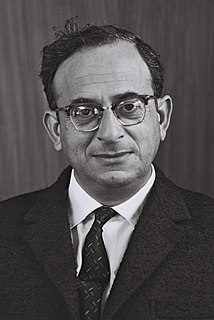A Quote by Recep Tayyip Erdogan
It is obvious that putting the Arab-Israeli dispute on a resolution track would be an important element of overcoming the confidence problem in the region.
Related Quotes
It was tricky [to write about Israelis], because everyone has an opinion about the Arab - Israeli conflict, and when I first started writing these stories, I was working for an Arab - Israeli human rights group. It was during the Second Intifada. It was this totally violent and intense time, and I think there's a part of me where I don't know how to write about that situation without getting my politics out of my messages, and that's something that was important for me not to do in this book.
And in England there has always been something deeply pro-Arab, of course, not among all Englishmen, and anti-Israeli, in the establishment. They abstained in the 1947 UN partition resolution... They maintained an arms embargo against us in the 1950s... They always worked against us. They think the Arabs are the underdogs.
You know how it always is, every new idea, it takes a generation or two until it becomes obvious that there's no real problem. It has not yet become obvious to me that there's no real problem. I cannot define the real problem, therefore I suspect there's no real problem, but I'm not sure there's no real problem.

































